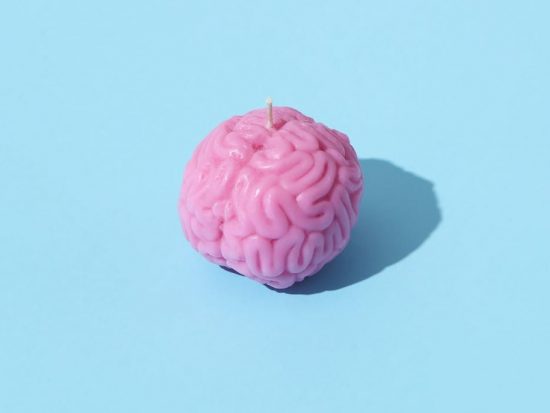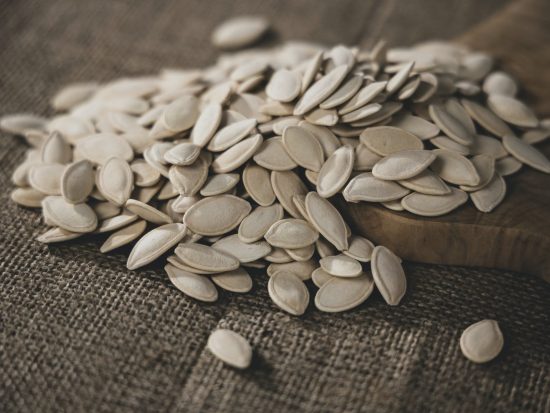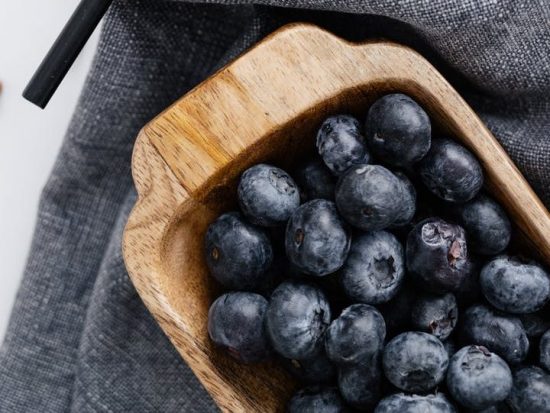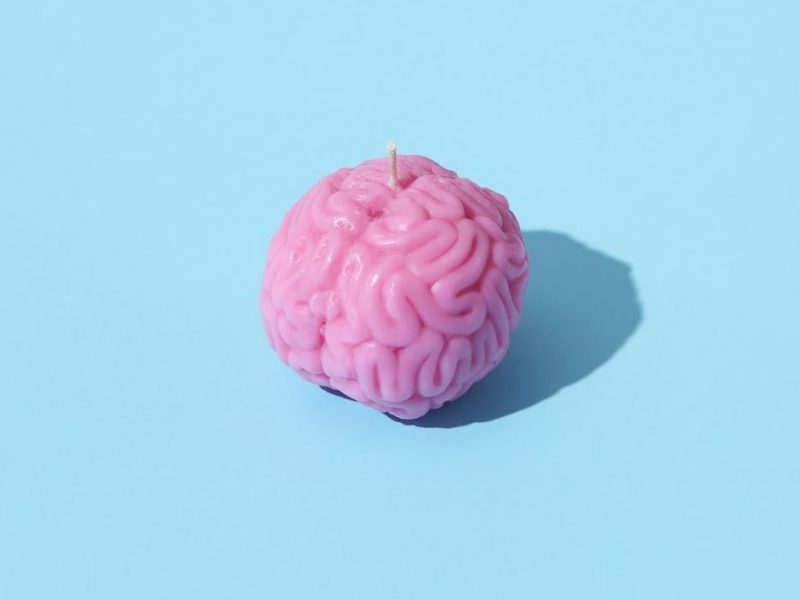They say you are what you eat. Did you know this extends beyond your physical body to reflect on your mood too? Food, mood & your microbiome – the connection with anxiety and depression.
The Deakin Food & Mood Clinic has done research around this which is known as Nutritional Psychiatry. They develop solutions to mental health problems using dietary and nutritional strategies.
How does what you eat affect your mood?
Your brain is always busy. It controls many functions in the body. Just like an expensive car, it requires fuel to be able to function optimally. What you eat directly affects the structure and function of the brain, your gut microbiome, and therefore your mood.
When discussing the role of the food and your mood, there are three main areas that we will discuss in more detail:
1. The microbiome
2. The Gut-Brain connection
3. Nourishing brain, gut, and mood foods.
The Microbiome:
One of the biggest areas of developing research is in the gut microbiome and the relationship that these bacteria have on brain function. It is anticipated that our digestive system houses upwards of 1000 different species of bacteria, often referred to as microbiome or microbiota. These little living organisms play many different roles in digestion, absorption, and synthesis of nutrients. But one critical function is the way they impact the production of certain brain chemicals critical to mental health known as neurotransmitters.
These include dopamine, acetylcholine, and GABA – which are all essential for mood and concentration and are manufactured through digestion by gut bacteria. Serotonin is a neurotransmitter that plays a role in mood, emotions, appetite, and digestion. An astonishing 95% of serotonin, widely considered the feel-good hormone, is produced in your gastrointestinal tract! In fact, serotonin-related medication is one of the primary treatment protocols for mental health conditions such as anxiety and depression. In order to make serotonin, the body needs enough tryptophan available, which is an amino acid that can only be obtained through the diet. The bacteria that live in our gut influence the levels of serotonin available through the active metabolism of tryptophan from the diet.
The gastrointestinal tract is lined with a hundred million nerve cells or neurons, & therefore not only helps you digest food but also has an impact on your emotions and mood. Hence, where the saying ‘Gut feeling’ comes from. Furthermore, the function of these neurons and the production of neurotransmitters like serotonin is influenced by the billions of “good” bacteria that make up your microbiome. These bacteria play a vital role in your health. Including:
– protecting the lining of your intestines
– providing a strong barrier against toxins and harmful bacteria
– limiting inflammation
– improving how well you absorb nutrients from your food
– communicating with your brain through the neural pathways (gut-brain connection)

Gut-brain connection
You often hear the terms ‘gut-brain connection or axis’ or ‘mind-gut connection’. Have you wondered what this actually means?
There is a connection between the gut and the brain. The gut-brain axis is a pathway that links the central nervous system (CNS) and the enteric nervous system (ENS) which controls the gut. It has the ability to communicate with both the:
- Immune System. Cells, tissues, and organs that work together to keep the body free of foreign invaders.
- Autonomic Nervous System (ANS) – This controls activity in the body that is automatic. Things like breathing, heart beat and cell division. The ANS is divided into 3 parts:
– Endocrine System (Hypothalamic-Pituitary-Adrenal Axis or HPA axis). The HPA is responsible for important functions such as hormone production, mood, and regulating the sleep cycle.
– Parasympathetic System. This system focuses on the rest and digest part of the body which primarily conserves energy. Examples are slowing down the heart rate and relaxing sphincter muscles.
– Sympathetic System. The fight-or-flight response to stressful or traumatic situations.
As we learn more about the microbiome and the gut-brain connection, the research linking gut health and mood is growing. What we do know is that they work in a symbiotic way, affecting several different functions and pathways. Including inflammation, oxidative stress, changes in circulating hormones and neurotransmitters (including histamine), fibre fermentation, the production of short-chain fatty acids, protein metabolism & the function and integrity of the gut microbiota.
As mentioned above, the types of foods that you eat have an impact on both your brain health, gut health, and in turn your mood!

Nourishing Brain, Gut and Mood Foods.
What types of food are important for brain health, the microbiome, and therefore for mood?
Brain nourishing foods:
The brain likes high-quality foods that contain lots of vitamins, minerals, and antioxidants. Foods that are nourishing and protective from oxidative stress.
Examples are:
1. Fatty Fish. (freshly caught)
60% of the brain is made up of fat and half of that is comprised of omega 3 fatty acids. The brain uses omega 3 to build brain and nerve cells and these fats are essential for learning and development. Found in salmon, trout, herring, and sardines. As these are high in histamine, an alternative can be flaxseed oil. If eating fresh fish make sure it has been frozen within 1 hour of catch, as fish increases in histamine rapidly. Check the low histamine food guide for more info on fish.
2. Blueberries.
These contain anthocyanins, a plant compound with anti-inflammatory and anti-oxidant effects. Blueberry phytochemicals may also help develop beneficial gastrointestinal microflora.
3. Turmeric.
Curcumin, the active ingredient in turmeric has both anti-oxidant and anti-inflammatory effects. More recent research has shown the benefit with mood, as it helps to boost serotonin and dopamine. Both neurotransmitters, required to feel good. It also contains a factor called neurotrophic. This is a type of growth hormone that helps brain cells grow.
4. Broccoli.
Packed with antioxidants and is high in vitamin K. Vitamin K is essential for forming sphingolipids. A type of fat that’s densely packed into brain cells.
5. Pumpkin seeds.
An excellent source of magnesium, iron, zinc, and copper. These are important for nerve signaling, learning, and memory.
6. Green Tea.
It contains L-theanine, an amino acid. This can cross the blood-brain barrier. It increases the activity of the neurotransmitter GABA, which can help with anxiety. Decaffeinated green tea is often a better choice if you have histamine intolerance.
It also works the other way as well. If you fuel your brain with poor quality foods then it can impact your mood. Things like processed foods or refined foods can be harmful to the brain. They promote inflammation and oxidative stress. Studies have shown a correlation between diets high in processed foods and refined sugars and impaired brain function. Also worsening of symptoms of mood disorders, such as depression.

The Microbiome nourishing foods:
The microbiome is a living organism on its own and also needs fuel to carry out its functions. Below are some of the fuel sources that the microbiome thrives on.
1. Vegetables, legumes, and fruit.
Fruits and vegetables are high in fiber, which the body can’t digest. However, some beneficial bacteria can digest fiber and they use it as a fuel source to grow.
2. Prebiotic foods help feed the bacteria in the gut.
Found in foods such as artichokes, asparagus, cauliflower, green banana, onion, pistachios, sorghum, and butternut pumpkin (winter squash).
Two supplements that contain Prebiotics are:
– Inulin
– Partially Hydrolysed Guar Gum (PHGG), A low-cost prebiotic powder that promotes the growth of healthy gut bacteria
3. Polyphenols
Polyphenols are compounds found in plants. Humans can’t digest these so they often make their way to the colon where they are digested by gut bacteria. These include:
– Blueberries and blackcurrants
– Green Tea
– Grape skins (red)
Therefore, it makes sense that if you continue to fuel your brain and gut with poor food choices then there will be consequences. For many years the medical world didn’t recognise the connection between food and mood. It’s exciting that there is much more research being done on this field of nutritional psychiatry with places like the Deakin food and Mood clinic.
When comparing traditional diets like the Mediterranean or Japanese diet to the typical “Western” diet, studies have shown that the risk of depression is 25% to 35% lower in those who eat more of a traditional style diet. Researchers account for the difference being that these traditional diets tend to be higher in fruits, vegetables, unprocessed grains, fish, and seafood. All things that keep the microbiome happier. Whereas the western diet is more focused on processed foods and highly refined sugars, with minimal fruits and vegetables.
The gut microbiome, mood, and food – What can you do?
Being conscious and learning more about mood, food & the gut microbiome, can help guide you on the path to support your mental health.
Struggling to get answers about your histamine intolerance symptoms?
Watch my free Masterclass – The 5 Steps to Healing from Histamine Intolerance.
You will learn my 5-Step plan, the exact same method I used to recover from histamine intolerance. These 5 steps everyone with histamine intolerance must know to resolve all those confusing symptoms and get back to eating foods you love without fear!

References
https://www.ncbi.nlm.nih.gov/pmc/articles/PMC7442370/
https://pubmed.ncbi.nlm.nih.gov/29490092/
https://pubmed.ncbi.nlm.nih.gov/30567928/
https://www.ncbi.nlm.nih.gov/pmc/articles/PMC5385025/
https://www.ncbi.nlm.nih.gov/pmc/articles/PMC5390821/
https://pubmed.ncbi.nlm.nih.gov/33144709/
https://pubmed.ncbi.nlm.nih.gov/28942748/

 Low Histamine Snacks
Low Histamine Snacks